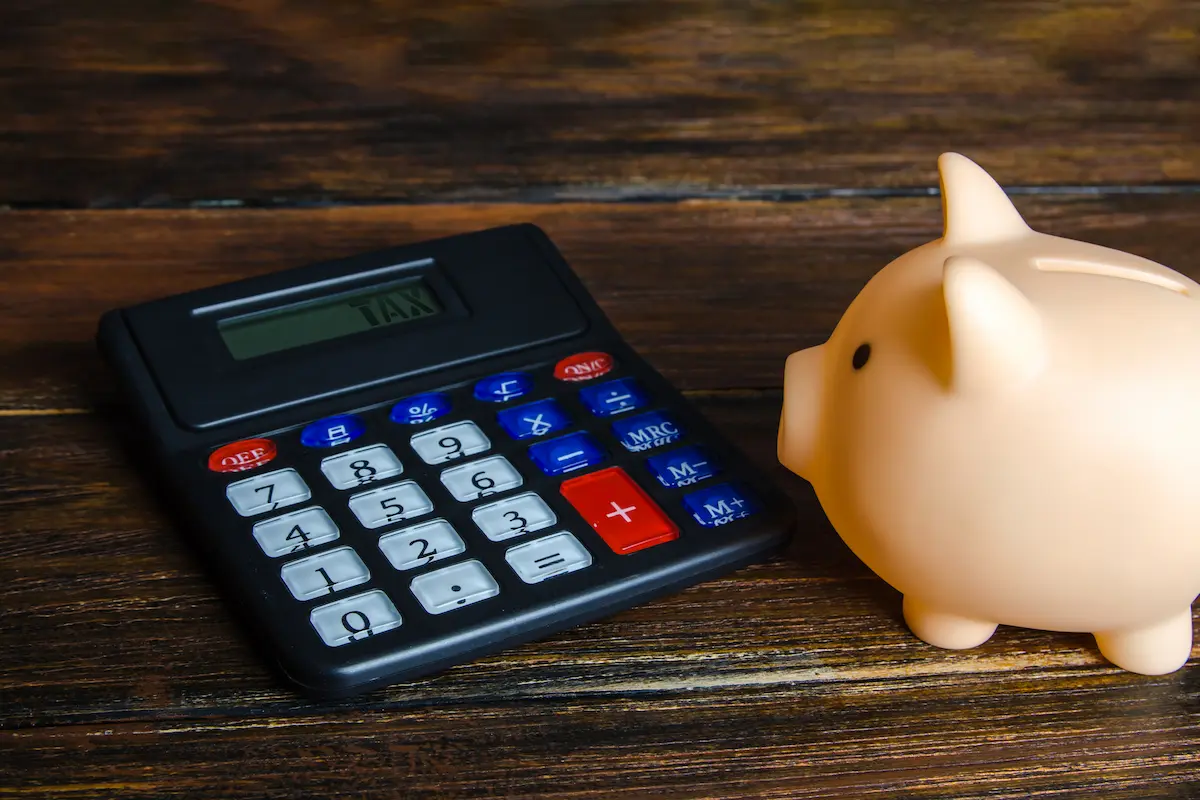So you’ve decided to rent out your property! Now what? Managing a rental property can be very rewarding, but you need to make sure you are setting yourself up for success, even before you put the home on the market.
These five tips will help you start your landlord journey on the right foot, whether you are self-managing or hiring a property manager.
Ownership of the Property
The first step to being a successful landlord is to have the property owned correctly. You may want to consider starting a trust or an LLC. Either of these options will help insulate you from the property and keep your business items separate from your personal ones. This will be especially helpful if you own multiple properties or plan to in the future.
Find a Good Accountant
Finding the right accountant is a crucial step in your journey to becoming a landlord. Once you start managing a rental property, your tax situation will change. Unless you’re a CPA or have extensive accounting knowledge, navigating these changes will be difficult.
While owning a rental property can open you up to a lot of new tax deductions, the added rental income can also create tax situations you’re unfamiliar with. Having a reliable, experienced accountant will be helpful during this time.
Organize Your Finances
One of the best ways to stay organized is by opening up separate bank accounts for your rental properties. This prevents any potential crossover between your personal expenses and expenses between properties. Keeping everything separate will also make things easier during tax season.
Prepare for Maintenance Costs
Your maintenance expenses for your property will depend on a couple of factors. First, the age of the property will determine how much maintenance needs to be done on a regular basis. Older properties typically require more work and have a higher likelihood of things breaking or needing replacement.
Next, you will need to ask yourself how much deferred maintenance needs to be addressed at your property. Deferred maintenance is maintenance on the home that you’ve been putting off due to lack of funds or because it was not urgent at the time of discovery.
Something that landlords struggle to understand is that appliances or fixtures that have quirks are not acceptable in a rental property. Things like having to jiggle a cabinet handle so it opens or one of the burners on the stove not working properly need to be resolved prior to putting the home on the market.
There are two main ways that owners typically prepare for maintenance costs at their property. The first is the 1% rule. This is when you set aside 1% of the purchase price of the property for the year’s maintenance fund.
The other tactic is to set aside one month of the property’s rent for the annual maintenance. This tends to be easier for most property owners. Keep in mind that if your property is older or has a lot of deferred maintenance, this number may be slightly higher for your first year.
Set Up Your Insurance
Our last tip is to get your insurance set up and for the right amount. Speak with your insurance agent and let them know that you’re going to be renting out your property. They’ll be able to make recommendations based on how many properties you plan to rent out and where the property is located.
If you found this article helpful, follow us on social media. We post daily tips to help you manage your own rental property:
Further Reading
Steve Welty
Subscribe to our Weekly Newsletter
Join the 5k+ homeowners receiving Local Law Updates and Landlord Tips. Delivered to your inbox every Saturday at 6am PST.
Share this:
Get in touch with us:
We make owning rental property easy.
Choose Your Next Step
Good Life Blogs
We believe that education is empowering.

SB 52: California May Ban AI Rent Pricing Tools
California’s SB 52 could ban landlords from using AI to set rent prices. Learn how this bill may impact your rental business and what actions you can take.

Trash Collection Fees Coming to San Diego Rental Properties
Trash collection fees are coming to San Diego landlords. Learn who’s affected, how much it will cost, and how to stay compliant.

How to Turn Vacant Rental Properties into Tax Deductions
Learn how to turn your rental property’s vacancy into potential tax deductions. Discover the rules, strategies, and tips landlords need to know.






